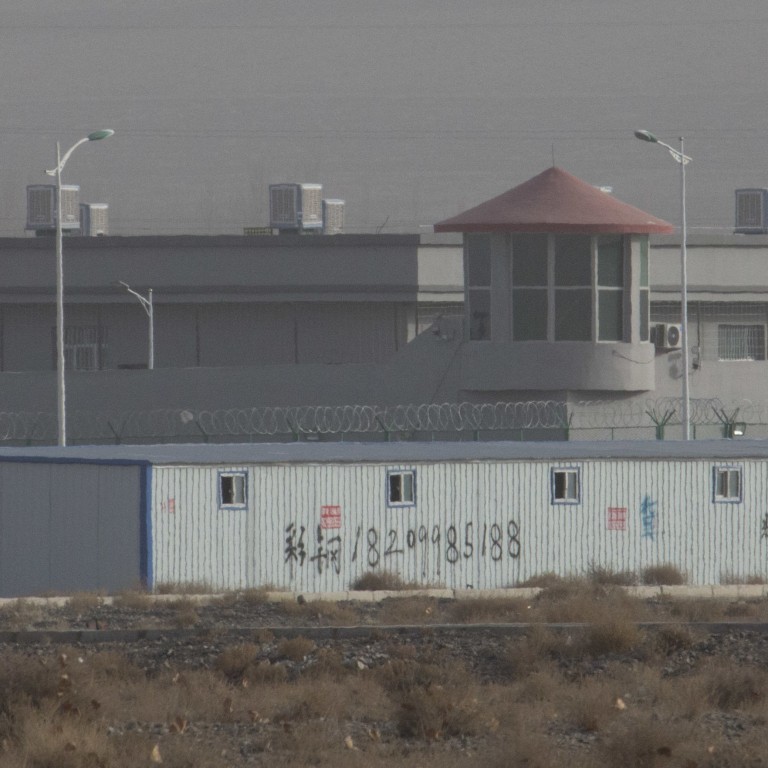
China ratifies forced labour conventions ahead of visit by UN rights chief
- One of the ratified conventions requires states to stop using forced labour as a means of ‘racial, social, national or religious discrimination’
- China continues to deny accusations of labour abuses in Xinjiang
Announcing the decision on its website on Wednesday, the National People’s Congress Standing Committee said it had approved the ratification of the ILO’s Forced Labour Convention, and the Abolition of Forced Labour Convention.
The two conventions, No 29 and 105, are among eight fundamental ILO conventions covering basic work rights, including collective bargaining and the right to form trade unions.
China had earlier ratified four of the less controversial conventions on equal pay, discrimination, minimum age and child labour, but distanced itself from these two more contentious ones.
Why is China choosing now to ratify forced labour conventions?
Convention No 29 is primarily directed at stopping private forced labour, including human trafficking, slavery and servitude.
But No 105 is considered to be a more delicate area for China, as it requires member states to suppress any forced labour as a means of political coercion, education or as punishment for holding political views or ideologies opposed to the established political, social and economic system.
They are also required to stop using forced labour as a means of “racial, social, national or religious discrimination”.
China has repeatedly denied accusations of labour abuses in Xinjiang, saying the charges were politically motivated and not based on facts. Western countries, led by the US, have imposed a wide range of sanctions on China for the alleged abuses.
The ILO welcomed China’s decision. In a statement on its website, the UN agency said: “By approving these ratifications, China reinforces its commitment to eliminate all forms of forced labour within its jurisdiction, realise work in freedom for its 1.4 billion people, and respect the ILO’s fundamental principles and rights at work.”
Director general Guy Ryder said the move “demonstrates China’s strong support for ILO values and reflects its commitment to protect any female or male workers from being trapped into forced labour practices, which have no place nor justification in today’s world.”
Top Chinese official says all ethnic groups in Xinjiang are happy
“I expect these ratifications to create renewed momentum and further efforts by the government and the social partners in China to support human-centred development and decent work in the second largest economy in the world, in line with the ILO Centenary Declaration on the Future of Work.”
Governments in general are reluctant to ratify the conventions, as this requires legal compliance and exposes them to supervisory mechanisms for alleged failures in implementation.
The US has ratified only two of the eight fundamental ILO conventions – on forced and child labour.
According to Xinhua, the Chinese lawmakers on Wednesday also voted to adopt a law on futures and derivatives, to take effect in August, and a revised Vocational Education Law, which will be in force from next month.
Additional reporting by Finbarr Bermingham

.jpg?itok=H5_PTCSf&v=1700020945)
